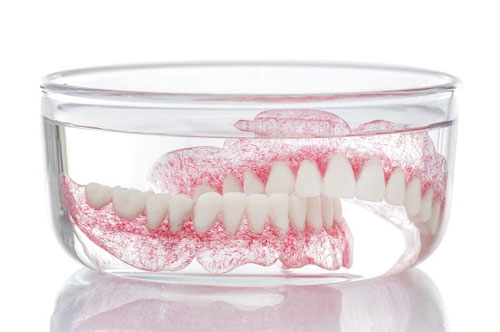I will just pull my teeth, which will be the end of my teeth problems, is one mantra that I used to hear a lot. When teeth go, bone and supporting tissues will go also; then, we have to deal with a prosthesis (fixed or removable bridgework). The bone in which teeth erupt is called alveolar bone, the supporting bones of the jaws we call base bone. If you keep your teeth intact throughout your lifetime, you will preserve most of your jawbones. As you lose teeth, the alveolar bone also shrinks, and it shrinks even more if you have a denture putting force on it.
How Dentures Affect Your Mouth and Jawbone
Along with the loss of jawbone, you have movement of teeth into the now-empty space. Fewer teeth mean more collapse of the bite and a more aged, more collapsed look. Generally, the first denture will fit better than subsequent dentures because there is more bone support. Since most people do not strictly adhere to denture removal for six to eight hours per day and replacement of dentures every five to eight years, they will wear away the jawbone even more.
Lower dentures are notorious for moving and should be anchored by implants to preserve bone and prevent denture movement. So a lot of denture wearers spend millions of dollars on denture adhesives. Some’denture adhesives have a high zinc concentration, and because they use more than the recommended dose, wearers get more zinc in their system. Zinc competes with copper for absorption and depletes the amount of copper in the body. Low levels of copper can lead to neurological problems, and there have been incidences where paralysis cases are linked to copper deficiency. Denture adhesive companies are developing new formulations to reduce and eliminate zinc.
Dentures and Chewing Efficiency
Most denture wearers will not let you know, but the efficiency of chewing using a set of complete dentures is about 35 percent, while normal-functioning teeth are over 90 percent. Nutrition and longevity also suffer because food that is not crushed correctly is more challenging to digest. The diet of most denture-wearing patients contains little in the way of raw leafy vegetables and nuts. This translates into suffering for most denture wearers.
Nutrition suffers. Neurological function suffers. Proper functioning of the gastrointestinal system suffers. Social interactions suffer. Physical beauty suffers, and longevity suffers.
More than ninety years ago, the Mayo Clinic found a positive correlation between natural teeth and length of life in their study of longevity. Better nutrition, better health, and better appearance result from taking care of natural teeth. Loss of appetite, a drying of the mouth from medication and aging, and poorer health result from poor dental hygiene and maintenance.
Other Issues with Dentures
Other particular problems with dentures include a decrease in taste, change in salivation, allergies to acrylic, sore spots, bone shrinkage, and risk of nutritional deficiencies. Health issues increase, shattering the perception that dental health is not essential. Bad breath and dehydration are part of the world of denture wearing.
My best advice for denture wearers is to keep as many teeth as possible; use implants where you can to retain dentures and maintain the alveolar bones of the face.

